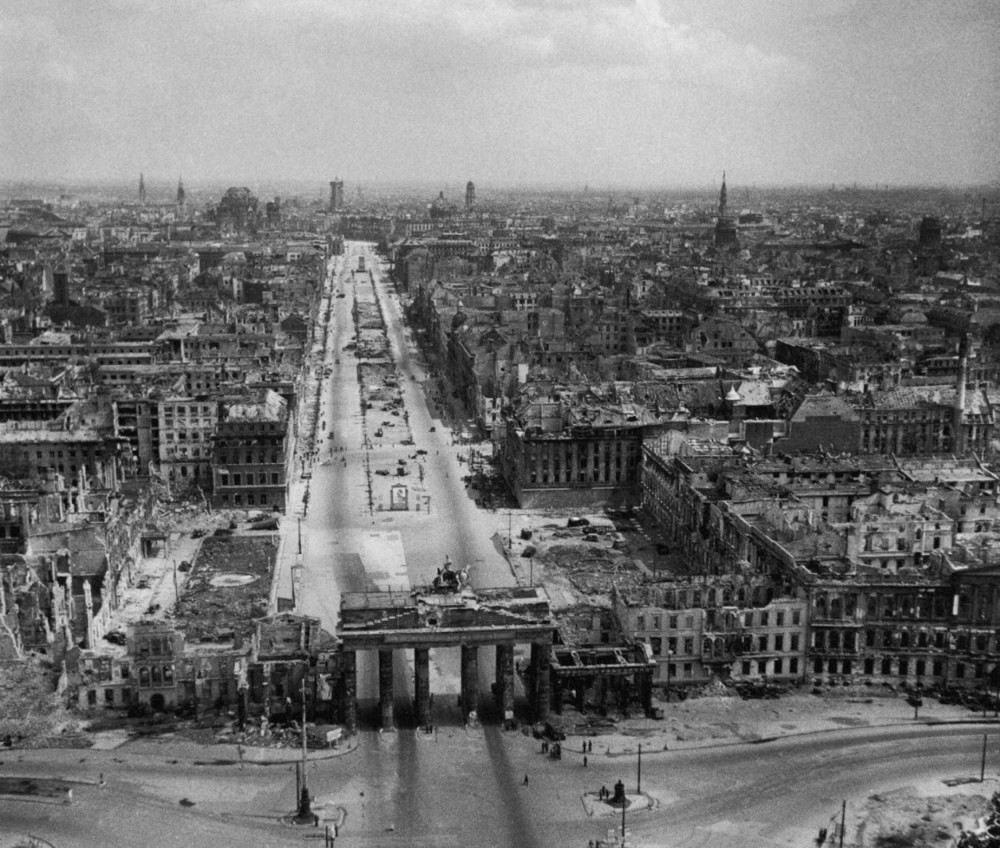
This article examines post-war (West) Germany’s attempt to address national stigma and gain international acceptance. It surveys three domains: public relations, Foreign Cultural Policy (Auswärtige Kultur Politik) and bilateral relations with France and the United States. By the 1970s, although some images of ‘Germany’ were still negative, on a global scale its underlying reputation was remarkably positive. The complex of political actions involved was a pioneering example of ‘nation branding’.
Source: Wood S. (2018) Das Deutschlandbild: National Image, Reputation and Interests in Post-War Germany. Contemporary European History. 27 (4): 651–673
Number of views: 3371